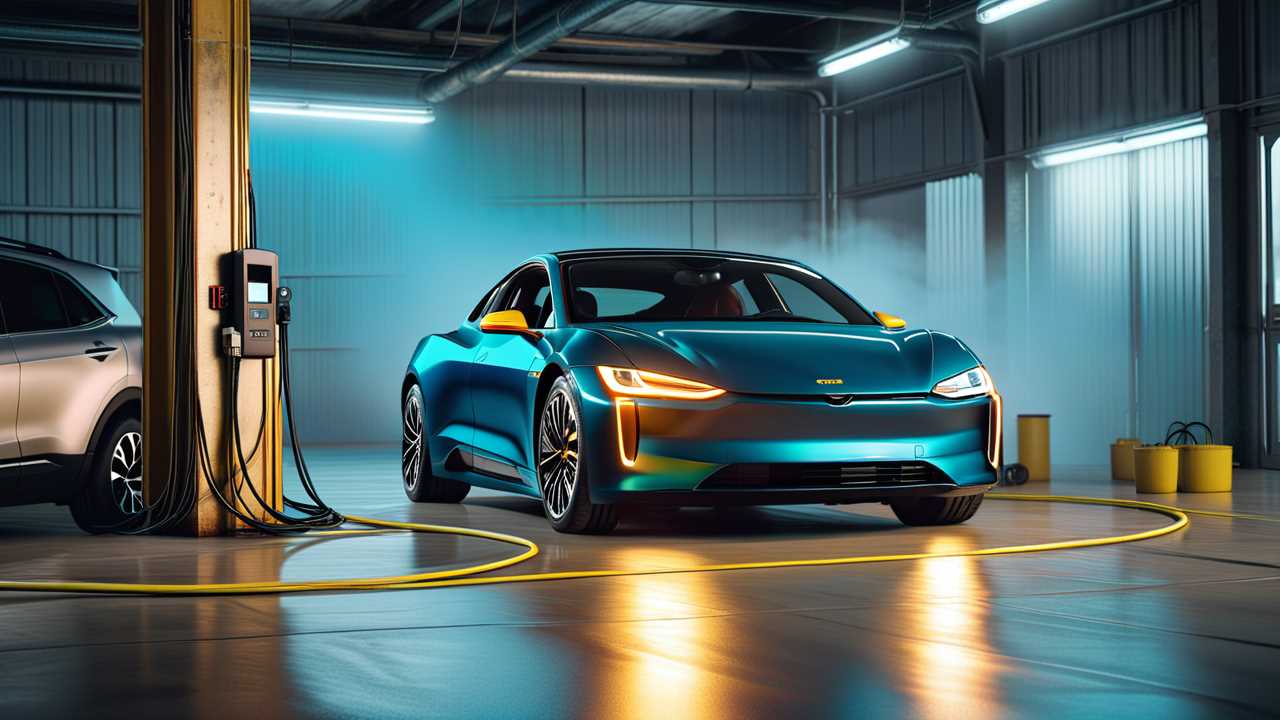
Understanding Electric Vehicle Maintenance
Electric vehicles (EVs) have gained significant popularity in recent years due to their environmental benefits and lower operating costs. However, many potential owners may wonder about the maintenance requirements of these vehicles. While EVs have fewer moving parts compared to traditional internal combustion engine (ICE) vehicles, they still require regular maintenance to ensure optimal performance and longevity. In this article, we will discuss the various aspects of electric vehicle maintenance, including battery care, regenerative braking, tire rotation, coolant system, and charging infrastructure.
Battery Care: The Heart of an Electric Vehicle
The battery is the most crucial component of an electric vehicle, as it powers the motor and all other electrical systems. Proper battery care is essential to maintain the performance and lifespan of your EV. Most modern EVs use lithium-ion batteries, which have a typical lifespan of 8 to 10 years or 100,000 to 150,000 miles. To ensure your battery stays in top condition, avoid exposing it to extreme temperatures, both hot and cold. Park your EV in a garage or covered area whenever possible, and use the vehicle's thermal management system to maintain an optimal battery temperature.
Regenerative Braking: Extending Range and Reducing Wear
One of the unique features of electric vehicles is regenerative braking. This system converts the kinetic energy generated during braking into electrical energy, which is then stored in the battery. Regenerative braking not only helps extend the range of your EV but also reduces wear on the brake pads and rotors. As a result, brake maintenance intervals are typically longer for EVs compared to ICE vehicles. However, it is still important to have your brakes inspected regularly to ensure proper functioning and safety.
Tire Rotation: Ensuring Even Wear and Optimal Performance
Like any other vehicle, electric vehicles require regular tire rotation to ensure even wear and maintain optimal performance. EVs tend to have higher torque output, which can lead to more rapid tire wear, especially on the front tires. Rotating your tires every 5,000 to 7,500 miles helps distribute wear evenly and extends the life of your tires. Additionally, maintaining proper tire pressure is crucial for maximizing range and efficiency, as underinflated tires can reduce your EV's performance.
Coolant System: Keeping Your EV Running Smoothly
Although electric vehicles do not have a traditional engine, they still require a coolant system to regulate the temperature of the battery, motor, and other electrical components. The coolant system in an EV typically consists of a coolant reservoir, pump, and heat exchanger. It is essential to have the coolant system inspected and serviced according to the manufacturer's recommendations to prevent overheating and ensure optimal performance. Most EV manufacturers recommend changing the coolant every 5 to 7 years or 100,000 miles.
Charging Infrastructure: Keeping Your EV Powered Up
One of the most important aspects of electric vehicle ownership is access to reliable charging infrastructure. Regular maintenance of your home charging station is essential to ensure safe and efficient charging. Inspect the charging cable and connectors for any signs of wear or damage, and replace them if necessary. If you frequently use public charging stations, be aware of their maintenance and upkeep, as poorly maintained stations can lead to slower charging times or even damage to your vehicle's charging system.
Conclusion
While electric vehicles require less maintenance compared to traditional ICE vehicles, they still need regular attention to ensure optimal performance, safety, and longevity. By focusing on battery care, regenerative braking, tire rotation, coolant system maintenance, and charging infrastructure, EV owners can enjoy the many benefits of driving an electric vehicle while minimizing maintenance costs and downtime. As the popularity of EVs continues to grow, it is crucial for owners to understand and prioritize these maintenance aspects to get the most out of their investment in clean, efficient transportation.
 Family Craft ProjectsHome ImprovementCooking and BakingReuse and RecycleDIY GiftsEco-Friendly ProjectsDIY Home SolutionsSeasonal ActivitiesFun and GamesLearn TogetherPrivacy PolicyTerms And Conditions
Family Craft ProjectsHome ImprovementCooking and BakingReuse and RecycleDIY GiftsEco-Friendly ProjectsDIY Home SolutionsSeasonal ActivitiesFun and GamesLearn TogetherPrivacy PolicyTerms And Conditions
